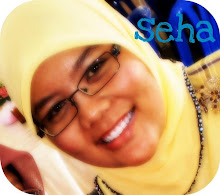At the top of your lungs
If you shout at the top of your lungs, you shout as loudly as you possibly can.
If you talk, shout or sing at the top of your voice, you do it as loudly as you can.
If you're at your wit's end, you really don't know what you should do about something, no matter how hard you think about it.
Barrel of laughs
If someone's a barrel of laughs, they are always joking and you find them funny.
Bat an eyelid
If someone doesn't bat an eyelid, they don't react or show any emotion when surprised, shocked, etc.
Bated breath
If someone says they're waiting with bated breath, they're very excited and find it difficult to be patient.('Baited breath' is a common mistake.)
Cat and dog life
If people lead a cat and dog life, they are always arguing.
Cat burglar
A cat burglar is a skillful thief who breaks into places without disturbing people or setting off alarm.
Don't cry over spilt milk
When something bad happens and nothing can be done to help it people say, 'Don't cry over spilt milk'.
Don't give up the day job
This idiom is used a way of telling something that they do something badly.
Don't hold your breathIf you are told not to hold your breath, it means that you shouldn't have high expectations about something.
Eat your words
If you eat your words, you accept publicly that you were wrong about something you said.
Economical with the truth
(UK) If someone, especially a politician, is economical with the truth, they leave out information in order to create a false picture of a situation, without actually lying.
Egg on your face
If someone has egg on their face, they are made to look foolish or embarrassed.
Go fry an egg
(USA) This is used to tell someone to go away and leave you alone.
Go hand in hand
If things go hand in hand, they are associated and go together.
Hiding to nothing
If people are on a hiding to nothing, their schemes and plans have no chance of succeeding. 'Hiding to nowhere' is an alternative.
High and dry
If you are left high and dry, you are left alone and given no help at all when you need it.
High and low
If you search high and low, you look everywhere for something or someone.

